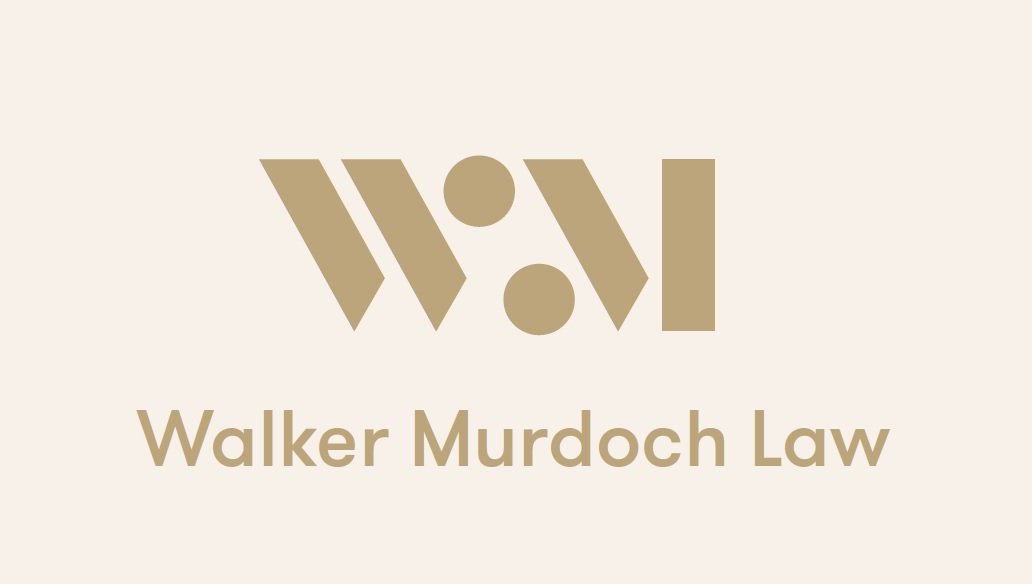What happens to my property if I die without a Will?
Whenever we carry out work for our clients, we ask whether they would like us to prepare a Will for them. We get a lot of clients ask whether they actually need one and if they don’t have one, what will happen to their property on their death.
On your death, everything that you own and any liabilities or debts that you have, is termed your “estate”.
If you do not have a valid Will, your estate will be distributed in accordance with the rules set out under the Administration Act 1969.
If you have a husband/wife or partner:
The rules prioritise your surviving spouse or partner over children, parents or siblings.
This is the case even if you were separated from your husband or wife on your death unless you were legally divorced or if there is a separation order in place on your death.
If you have a de facto partner (a partner who you are not married to), they will share the same entitlement as a spouse provided the following requirements are met:
the surviving partner was living with the deceased partner in a de facto relationship when that person died; and
you lived together as a couple for three or more years (note, if there are children to the relationship, or the surviving partner made a substantial contribution to the relationship or to the property of the deceased, then this requirement can be overruled by a court on application by the surviving partner).
Therefore, unlike a surviving spouse, if a couple separates prior to one of them dying, the surviving partner usually has no entitlement to succeed to the deceased partner’s estate.
If you have a husband/wife (“spouse”) or partner on your death, they will be entitled to the following:
Your personal chattels;
The first $155,000.00 (if available) plus interest on that amount from the date of death to the date of payment;
The remainder of your estate to be divided as follows:
If you have no children or surviving parents, the whole or your remaining estate will go to your spouse/partner.
If you have a child or children, a 1/3 share of the remainder of your estate will go to your surviving spouse/partner with the remaining 2/3 share equally divided among your surviving children.
If you have no children but have surviving parents, a 2/3 share of the remainder of your estate will go to your surviving spouse/partner with the remaining 1/3 share to your parents in equal shares.
If you have no husband/wife or partner:
If you have no husband/wife or partner, your estate will be distributed as follows:
If you have children, your estate will be distributed equally among them;
If you have no children but have a parent or both parents, your estate will be distributed to your surviving parent or equally among both parents.
If you have no children or surviving parents, your estate will be distributed equally among your siblings (includes half siblings).
If you have no children, parents or siblings:
½ of your estate will be distributed to your maternal grandparents (if any) but if none, equally among your maternal uncles and aunts; and
½ of your estate will be distributed to your paternal grandparents (if any) but if none, equally among your paternal uncles and aunts.
If you have no surviving maternal grandparents/uncles or aunts, the ½ share they would have received will be distributed to your paternal grandparents/uncles or aunts and vice versa.
If there are no children, surviving parents, siblings, grandparents, uncles or aunts then all of your estate belongs to the Crown (the Government) who may provide for dependents or other parents whom might have reasonably have expected to receive a share of your estate.
Māori land interests:
If you have interests in Māori land, this part of your estate will be dealt with by the Te Ture Whenua Maori Act 1993. In keeping with tikanga Māori, Māori land is to be retained by the bloodline of its owner. Therefore, a surviving spouse or partner is not entitled to succeed to the beneficial ownership of Māori freehold land. However, in some situations, a surviving spouse or partner may receive a right to occupy or a life interest i.e., in situations where the family home is on Māori land. Any life interest to a surviving spouse or partner will terminate on their death or on them remarrying or entering a new relationship.
Following the termination of a life interest to a spouse or partner (if any), the children of the deceased will take the beneficial interest in their deceased’s parent’s Māori land in equal shares. If there are no children, the deceased’s siblings take the beneficial interest so long as they descend from the parent through whom the interest is inherited from. If there are no surviving siblings, the interest is inherited by the persons nearest in the chain of title to the deceased.
Other matters a Will can make provision for:
Not only can a Will set out your wishes regarding who receives your estate, it can also make directions on:
Who you trust to carry out the instructions of your Will (an executor/trustee);
Testamentary guardians for children under 18 years;
Specific bequests/gifts (e.g., jewellery or precious heirlooms);
Age of beneficiaries when they received their interests in your estate; and
Whether you wish to be buried or cremated and where your remains will go.
We therefore recommend having a Will so your intentions are clearly set out and the people you wish to benefit from your estate are adequately provided for.
Please feel free to contact our office to discuss preparing or updating your Will.
